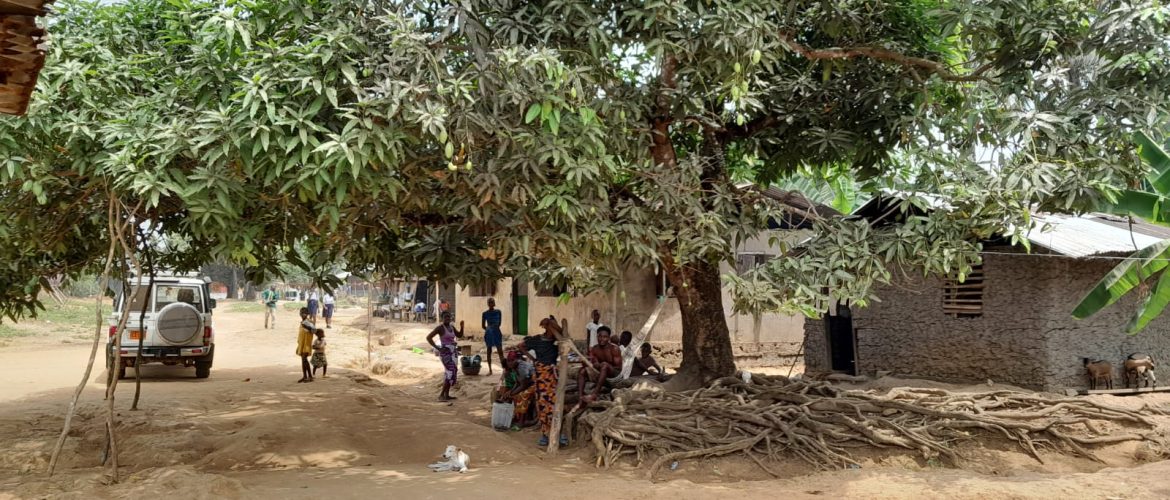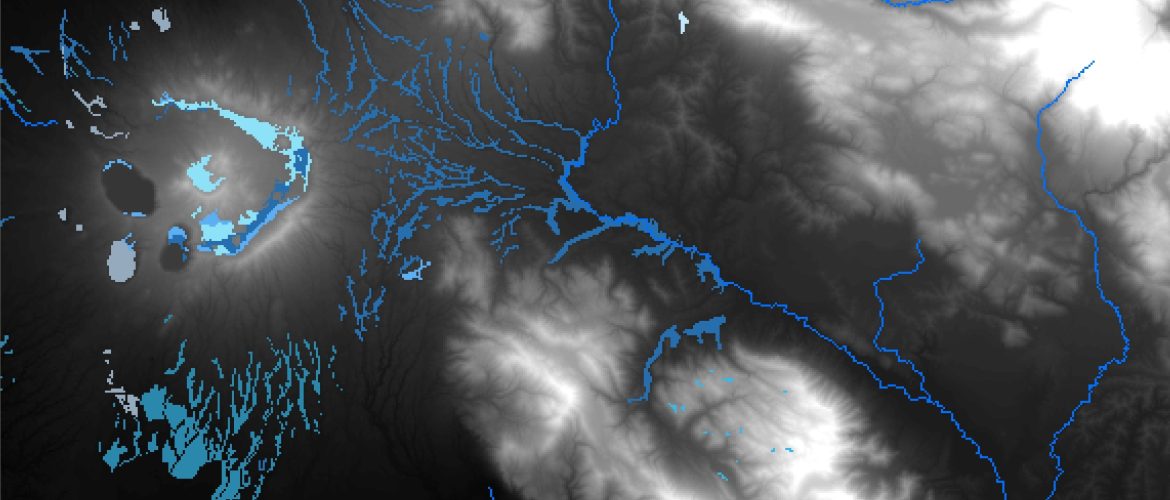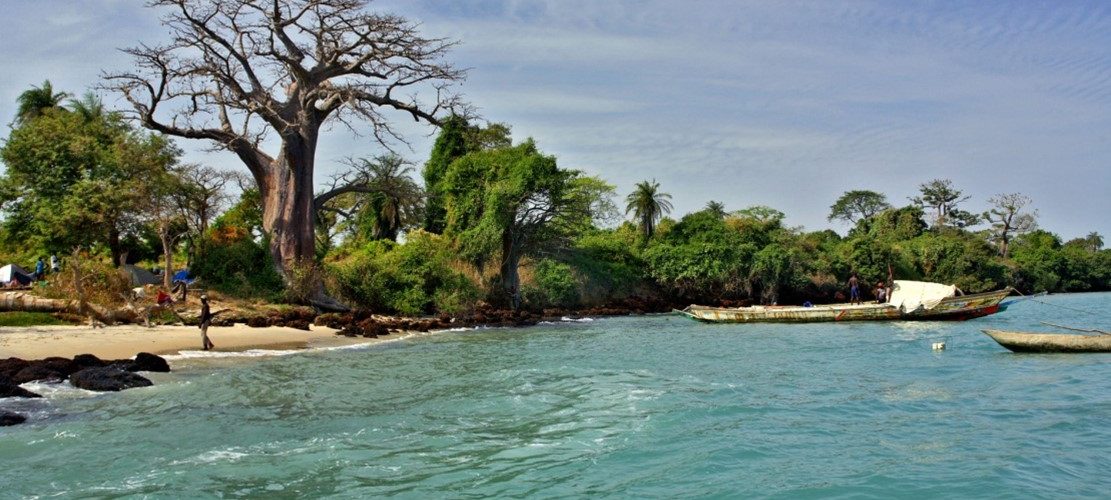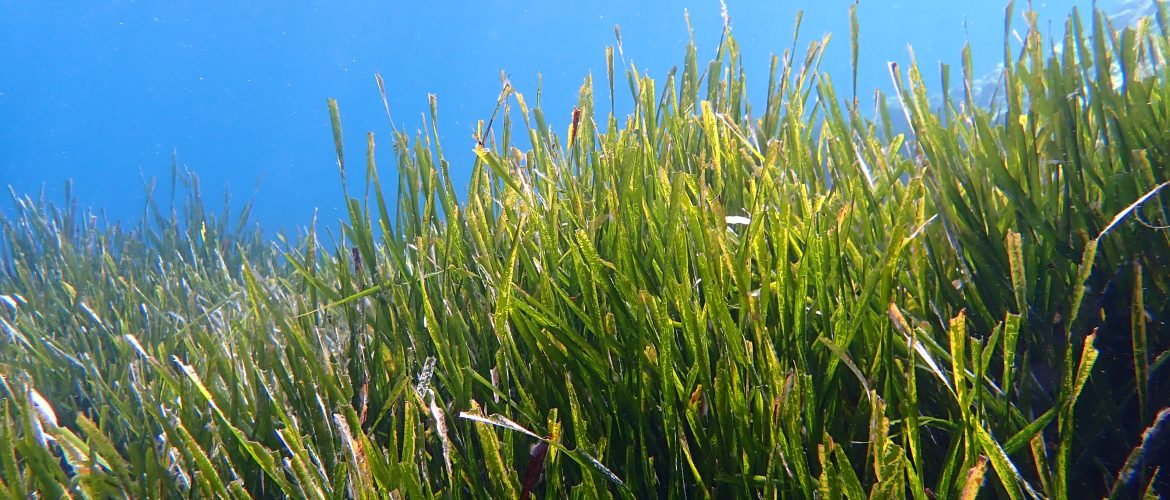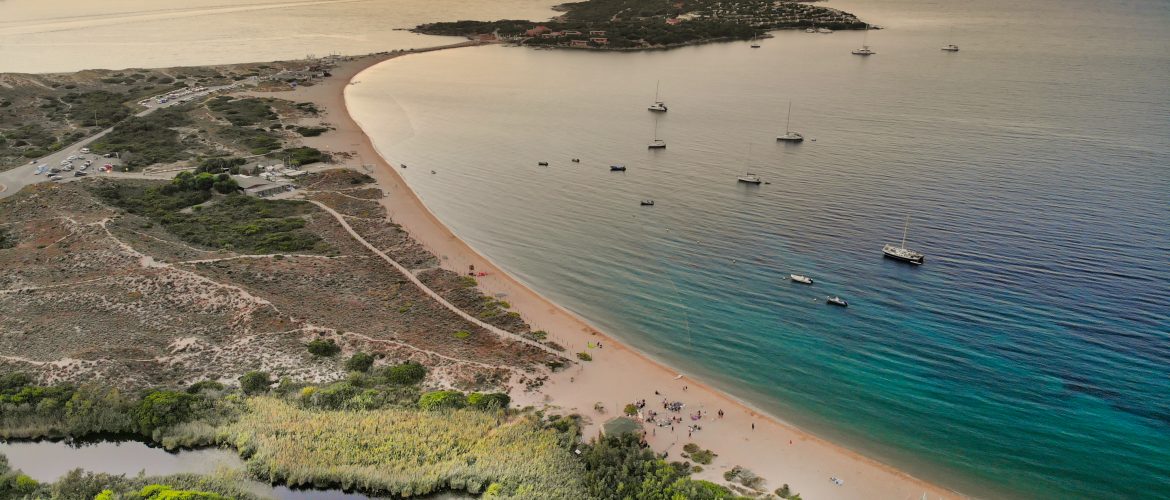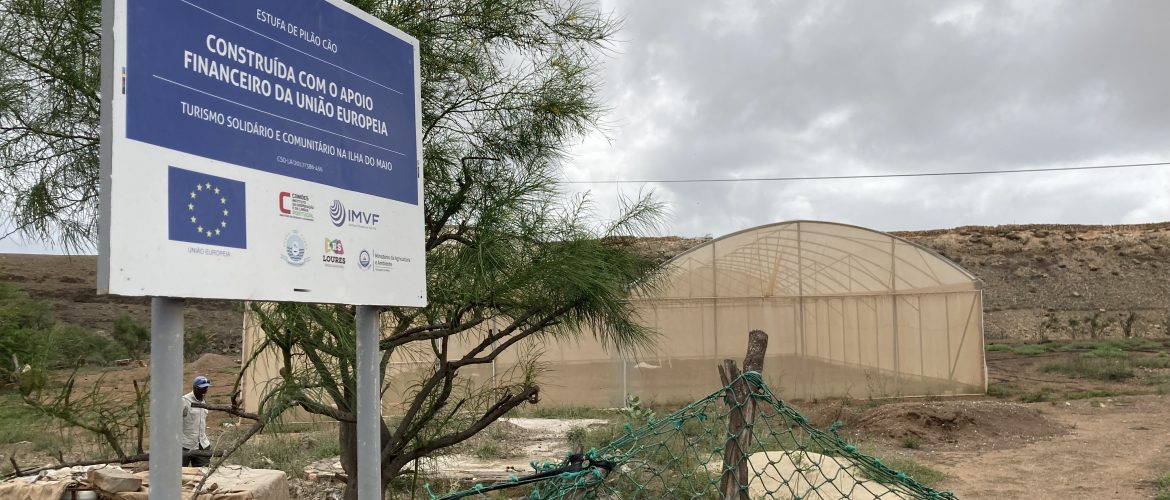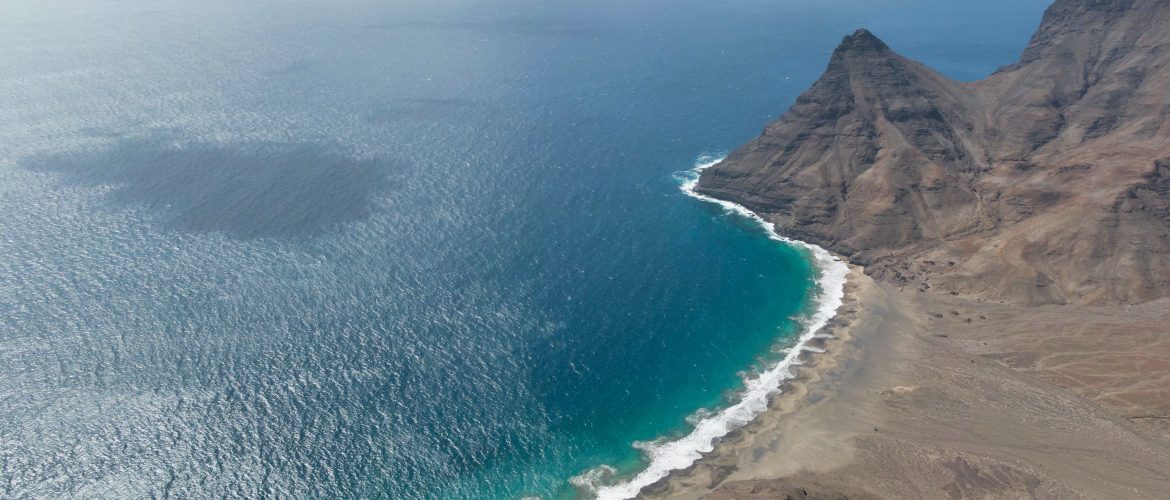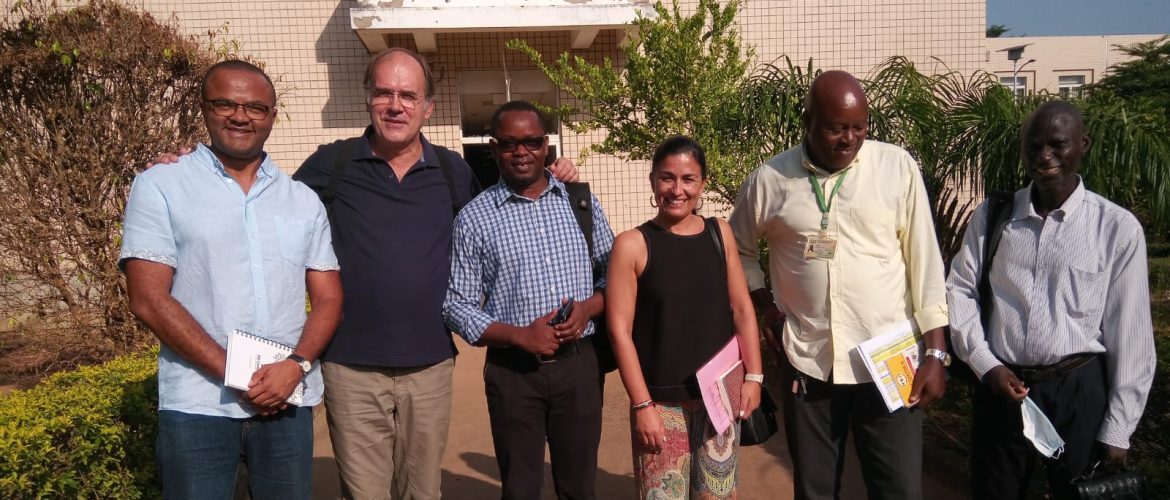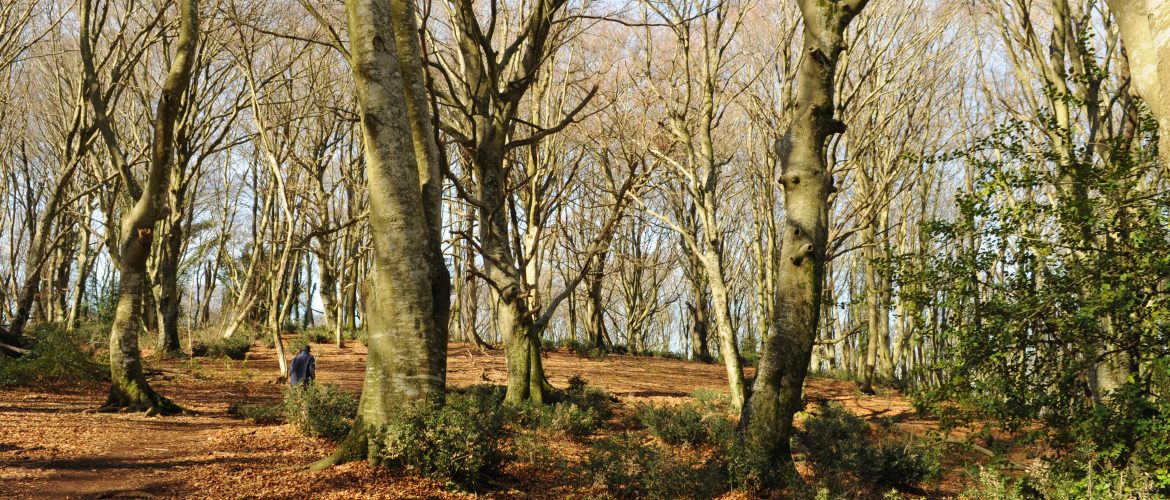In February of 2020, Liberia formally began this journey towards developing national System of Environmental Economic Accounting (SEEA). The Liberia Environmental Protection Agency (EPA), in partnership with other governmental agencies, and support from Conservation International, started implementation of the GEF-funded project Conservation and Sustainable Use of Liberia’s Coastal Natural Capital (the GEF NCA Liberia Project). The key objective of this five-year project is to improve conservation and sustainable use of Liberia’s coastal natural capital by mainstreaming the value of nature
The field of Geographic Information Systems (GIS) has been developed over the last five decades. On the most basic level, GIS is a spatial system that creates, manages, analyzes, and maps all types of data. Among the functionalities of GIS, we can also find data storage. GIS connects data to a map, integrating location data (where things are) with all types of descriptive information (what things are like there). This provides a foundation for mapping and analysis that is used
Biodiversity supports everything in nature that we need to survive, including food to clean water. From the plants, animals, insects, fungi to bacteria, biodiversity creates the intricate ecosystems we rely on. Renowned economist Sir Partha Dasgupta believes governments must integrate ecosystem services into calculations of economic health to reduce resource exploitation and promote a healthy relationship between humanity and nature. This argument for “inclusive wealth” forms the basis of Dasgupta’s Economics of Biodiversity, a landmark report that is
The project Life SEPOSSO (LIFE16 GIE/IT/000761), “Supporting Environmental governance for the POSidonia oceanica Sustainable transplanting Operations”, coordinated by ISPRA, and carried out with the contribution of the European Commission, aims to improve the Italian Governance of the Posidonia oceanic transplants, marine habitat priority 1120* sensu Habitat Directive (1992/43/EEC), implemented to compensate the damages caused by coastal works and infrastructures. The project is based on the cooperation between numerous stakeholders which realize and apply good practices and innovative software tools, that
What is Natura 2000? Natura 2000 is the key instrument to protect biodiversity in the European Union. It is an ecological network of protected areas, set up to ensure the survival of Europe’s most valuable species and habitats. Natura 2000 is based on the 1979 Birds Directive and the 1992 Habitats Directive. The Natura 2000 network currently encompasses over 27,300 individual sites, altogether covering an area of more than 1.1 million square kilometres (EEA, 2022). This corresponds to 18% of the
The tiny island of Maio – part of the Cape Verde archipelago, 750 miles off the west coast of Africa – is world renowned for the rich marine life of its Atlantic waters. It is the third most important nesting site for loggerhead turtles in the world, and is increasingly recognised as an important breeding area for a number of shark species. The island has a huge potential for tourism and has made a serious commitment to tourism, building several tourist facilities.
Since the begin of 2020, the world is going through a multi-dimensional crisis due to the covid-19 pandemic: aside from an already acute environmental crisis, we are confronted with a health crisis with important human costs and considerable effects on the economy and the societies. There is now an extraordinary opportunity to contribute or even to influence this collective effort by governments, funders, civil society, local communities and corporate actors aimed at “readjusting the target”, towards sustainable approaches to the
Despite the diverse marine and terrestrial ecosystem, Guinea Bissau has not embarked on a strategic reflection on the opportunities and risks of exploring its Small Island Developing State (SIDS) potential. As shown by the COVID-19 Socio Economic Impact Assessment (accessible here), the blue economy can be the key to recovery from COVID-19 impacts and to embark on a greener and more sustainable and inclusive development pathway. Through the Rapid Financing Facility (RFF), $ 1,5 million were allocated to support the
The Paris Agreement goals cannot be achieved without nature. As we halve emissions by 2030, we must also reverse the dramatic biodiversity loss across the world. COP27 is a critical COP for nature as it precedes the delivery of the Global Biodiversity Framework (CBD) to be developed under the Convention of Biological Diversity at COP15 in Montreal, Canada. The Biodiversity Day at COP27, on 16th of November, will address several aspects of nature and ecosystem-based solutions, including but not limited to,
The World Heritage Site “Ancient and Primeval Beech Forests of the Carpathians and Other Regions of Europe“ was inscribed into the World Heritage List in the summer of 2017. It was submitted as an extension to the already existing ‘Primeval Beech Forests of the Carpathians and the Ancient Beech Forests of Germany’, which now comprises 94 component parts across 18 countries. More information can be found here and here. The extended property represents an outstanding example of relatively undisturbed,


